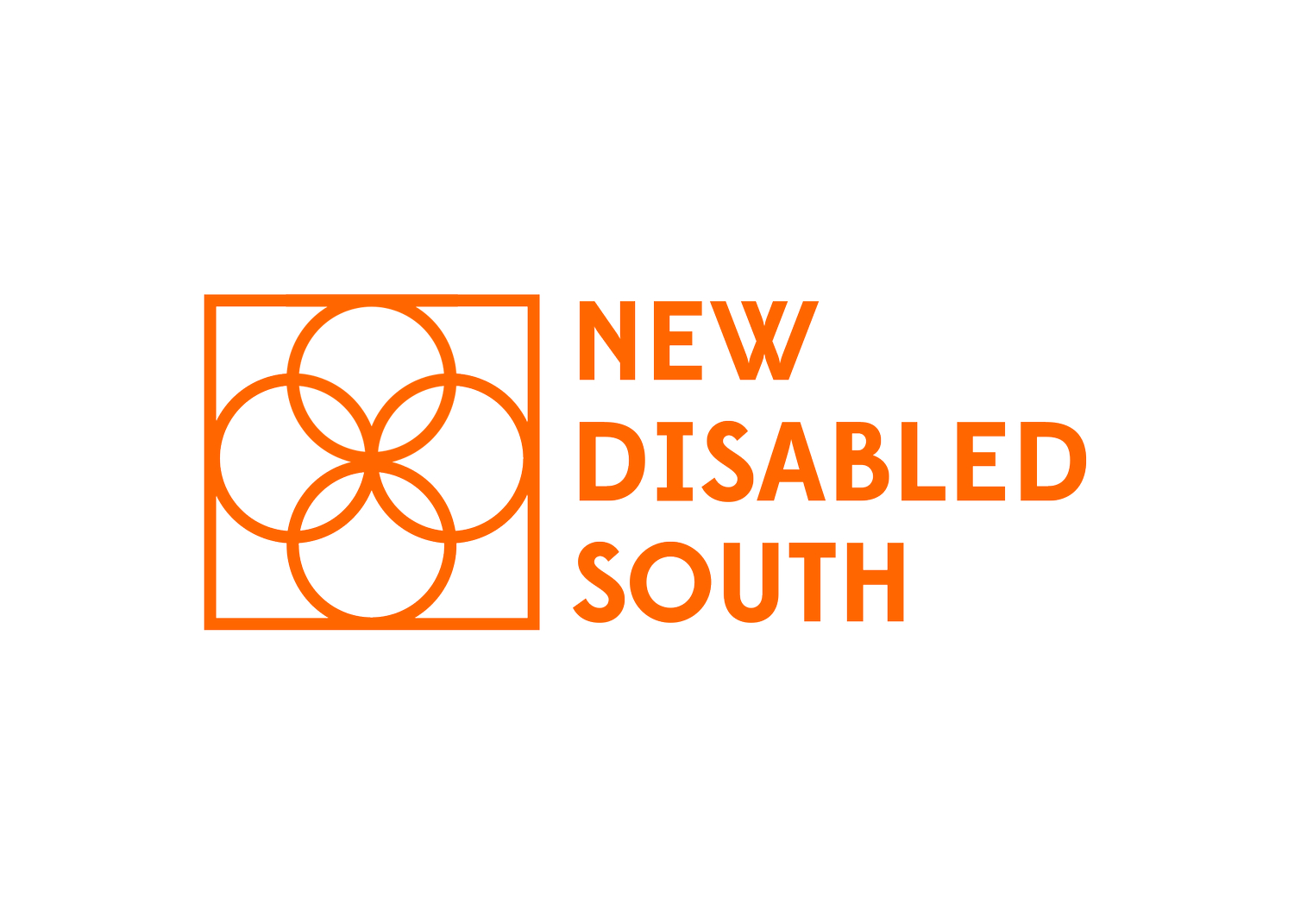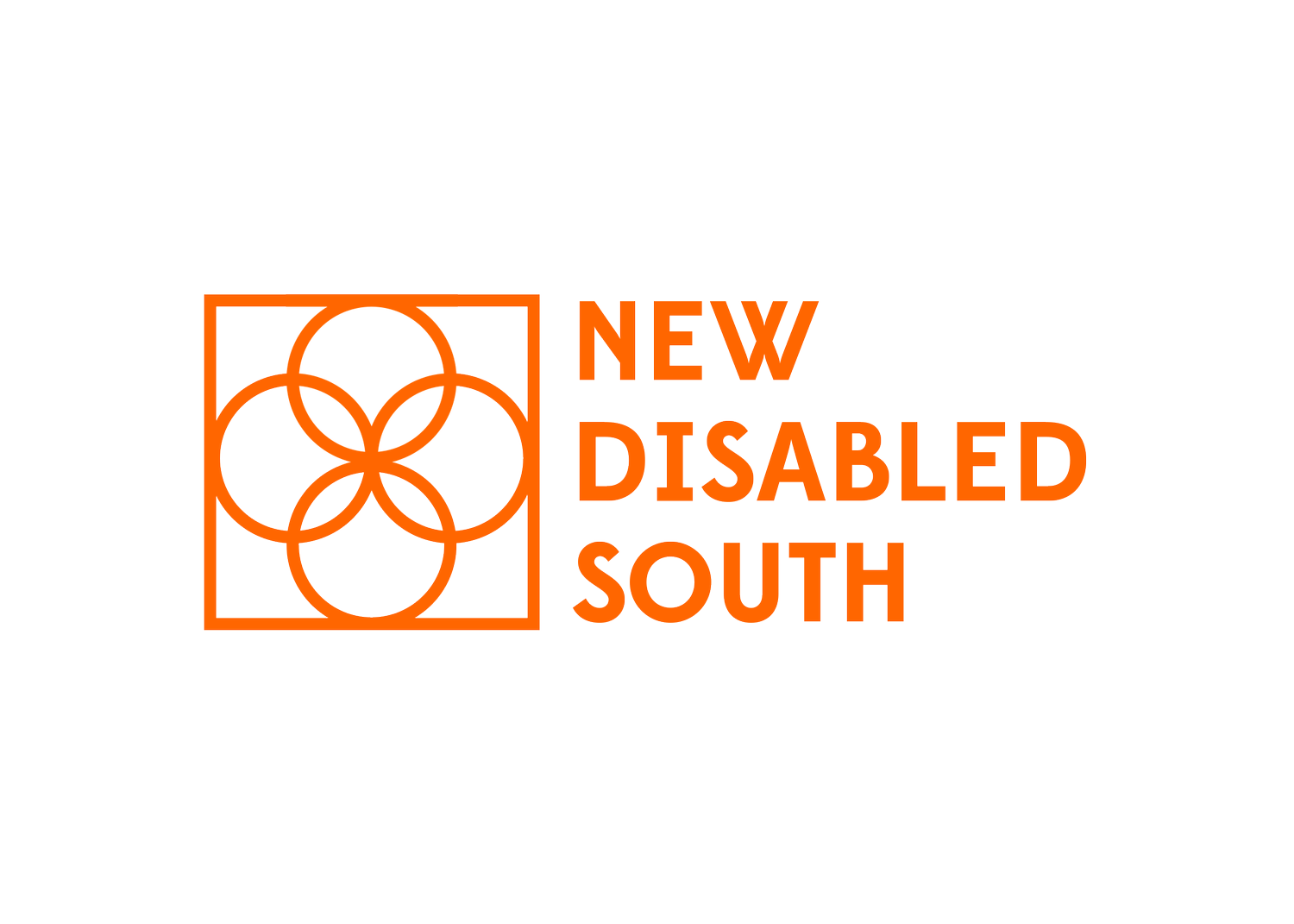Funding Home and Community Based Services (HCBS) Waivers in the South
Plain Language Policy Fact Sheet
What are Home and Community Based Service Waivers?
Home and Community Based Service (HCBS) Waivers are services paid for by the state government through Medicaid. HCBS Waivers allow people of all ages with different types of disabilities to live in their communities instead of institutions. Institutions include hospitals and nursing homes.
HCBS waivers pay for:
Personal medical supplies, including adult diapers, prescription food, wipes, CPAP tubes, oxygen filters, and more that someone might need because of their disability
Emergency alert system, like a necklace or keychain that someone can press a button and call 911
Personal care assistants, who are care workers that help a disabled person with daily life activities like bathing, cleaning, cooking, dressing and more.
What is the situation in the South?
The disability community is facing a care crisis.
The care crisis means that disabled people do not have access to the care that is their legal right.
The care workers that help disabled people are also impacted by the care crisis.
Care workers do not get paid a wage that supports them and that means less care workers to help disabled people.
Disabled people are waiting on HCBS waiver waitlists to get the services they need. Disabled people must already have Medicaid before they can even apply to be on the waitlist.
Many disabled people in the South have to wait 10 years or longer on the HCBS waiver waitlists. In some states, the state government sometimes decides to not give some disabled people the services they need, even after they have waited for years.
What are the facts?
The South has the most people waiting on HCBS waiver waitlists.
The South makes up for more than 3/4 of all people on HCBS waiver waitlists in 2023 in the United States.
The three states with the longest waitlists make up 2/3 of all people on HCBS waiver waitlists in 2023 in the United States.
These 3 states are:
Texas (342,575 disabled people waiting for care)
Florida (77,123 disabled people waiting for care)
South Carolina (41,078 disabled people waiting for care)
Two disabled women, named Lois Curtis and Elaine Wilson, sued the State of Georgia for denying them access to home and community based care. The Olmstead Decision came from this lawsuit in 1999. This legal decision means disabled people across the United States have the right to home and community based care.
A 2024 report published by New Disabled South found that there are 27% more Black disabled people on the HCBS waiver waitlist than white people in Georgia.
Many Black disabled people have more barriers to getting home and community based care because of racism in systems like healthcare and benefits.
Why are HCBS Waivers Important?
Disabled people need Home and Community Based Services to survive.
A 2023 national study found that disabled people who were in institutions died more often during the COVID-19 pandemic than disabled people that lived in their communities.
Disabled people have the right to make their own choices about how they live their lives.
Disabled people have the right to live in the setting that has the most freedom. Disabled people’s freedom is taken from them in institutions.
What needs to be done?
Most states in the South had a budget surplus with leftover money from their 2023 budgets.
The South should not have leftover money when care workers do not have fair pay.
The South should not have leftover money when disabled people do not have care.
States in the South must pay for more HCBS waivers so people can have the care they need.
States in the South must increase pay for care workers who help disabled people with HCBS waivers.
Care workers in The South need fair pay now.
Disabled people in The South need care now.

